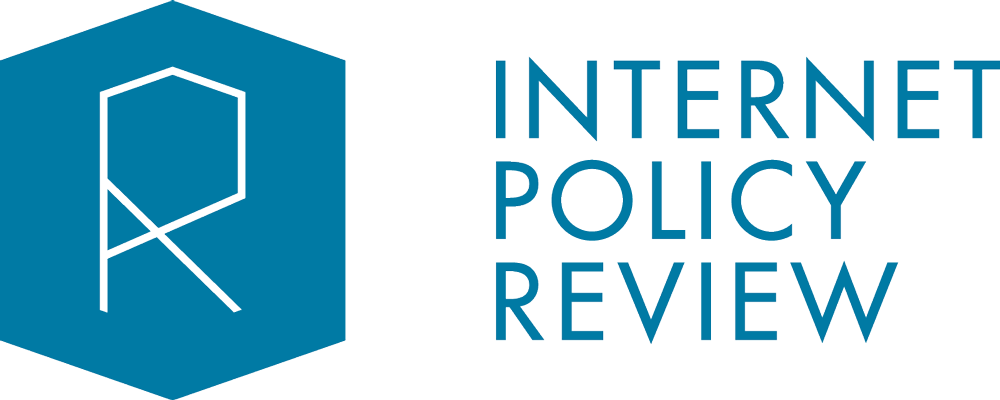 The latest issue of Internet Policy Review, coordinated by Romain Badouard (member of the DIGISOV project and associate professor at Paris-Panthéon-Assas University) and Anne Bellon (associate professor at UTC), focuses on the many facets of civil society’s involvement in the regulation of online content. How can moderation on social media be made fair, effective, and inclusive? What role can civil society play in platform governance and its democratization? Ten field studies and two editorials explore the issue from various angles: everyday citizen participation in forum moderation, content flagging by associations (trusted flaggers), the fight against disinformation, advertiser pressure, influencer mobilizations, data activism, ethical design, and alternative platforms.
The latest issue of Internet Policy Review, coordinated by Romain Badouard (member of the DIGISOV project and associate professor at Paris-Panthéon-Assas University) and Anne Bellon (associate professor at UTC), focuses on the many facets of civil society’s involvement in the regulation of online content. How can moderation on social media be made fair, effective, and inclusive? What role can civil society play in platform governance and its democratization? Ten field studies and two editorials explore the issue from various angles: everyday citizen participation in forum moderation, content flagging by associations (trusted flaggers), the fight against disinformation, advertiser pressure, influencer mobilizations, data activism, ethical design, and alternative platforms.
It includes a contribution by Francesca Musiani and Ksenia Ermoshina, both members of the DIGISOV project, on content moderation within social networks based on federated architectures such as Mastodon.
The issue is available in open access, and the table of contents is provided below.
Content moderation on digital platforms: Beyond states and firms
Internet Policy Review, vol. 14, issue 1, 2025
Introduction to the special issue on content moderation on digital platforms
Romain Badouard, Paris-Panthéon-Assas University, France
Anne Bellon, University of Technology of Compiègne, France
Regulatory intermediaries in content moderation
Beatriz Kira, University of Sussex
Article 22 Digital Services Act: Building trust with trusted flaggers
Jacob van de Kerkhof, Utrecht University
The role of civil society organisations in co-regulating online hate speech in the EU: A bounded empowerment
Barthélémy Michalon, Sciences Po, Technologico de Monterrey
Framing the role of experts in platform governance: Negotiating the code of practice on disinformation as a case study
Kateryna Chystoforova, European University Institute
Urbano Reviglio, European University Institute
Aspirational platform governance: How creators legitimise content moderation through accusations of bias
Blake Hallinan, Hebrew University of Jerusalem
CJ Reynolds, Hebrew University of Jerusalem
Yehonatan Kuperberg, Hebrew University of Jerusalem
Omer Rothenstein, Hebrew University of Jerusalem
Stop hate for profit: Evaluating the mobilisation of advertisers and the advertising industry to regulate content moderation on digital platforms
Steph Hill, University of Leicester
Civil society’s role in constitutionalising global content governance
Nicola Palladino, University of Salerno
Dennis Redeker, University of Bremen
Edoardo Celeste, Dublin City University
Online advertising, content moderation, and corporate accountability: a civil society perspective
Alex Rochefort, Boston University
The case for prosocial tech design governance
Lisa Schirch, University of Notre Dame
The realm of digital content regulation as a social space: Sociogenesis of moderation norms and policies on Twitch platform
Nathan Ferret, ENS de Lyon
Labour pains: Content moderation challenges in Mastodon growth
Charlotte Spencer-Smith, University of Salzburg
Tales Tomaz, University of Salzburg
Safer spaces by design? Federated socio-technical architectures in content moderation
Francesca Musiani, National Centre for Scientific Research (CNRS)
Ksenia Ermoshina , National Centre for Scientific Research (CNRS)

